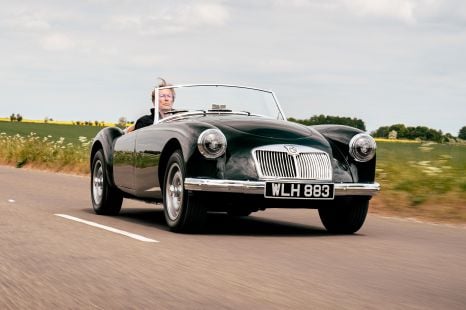

Angus MacKenzie
5 Days Ago
Chargefox's network of public EV chargers will quadruple between now and 2025, with the company to add 4000 plugs.

News Editor
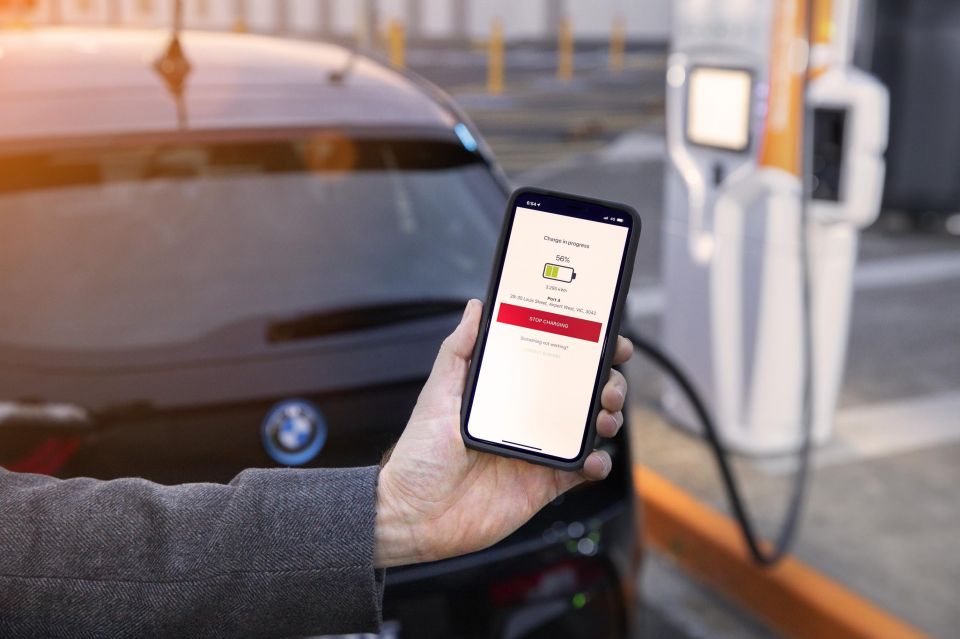

News Editor
Australia’s largest public electric vehicle charging network is undertaking a massive expansion.
Chargefox has announced it’ll add another 4000 plugs to its network by the end of 2025.
2000 of these plugs will offer fast or ultra-rapid charging speeds.
Chargefox says its network currently consists of over 1400 plugs, and includes standard AC (22kW), fast (50kW) and ultra-rapid (350kW) chargers.
Around 850 plugs are publicly-available, with 300 fast charging plugs and 22 ultra-rapid.
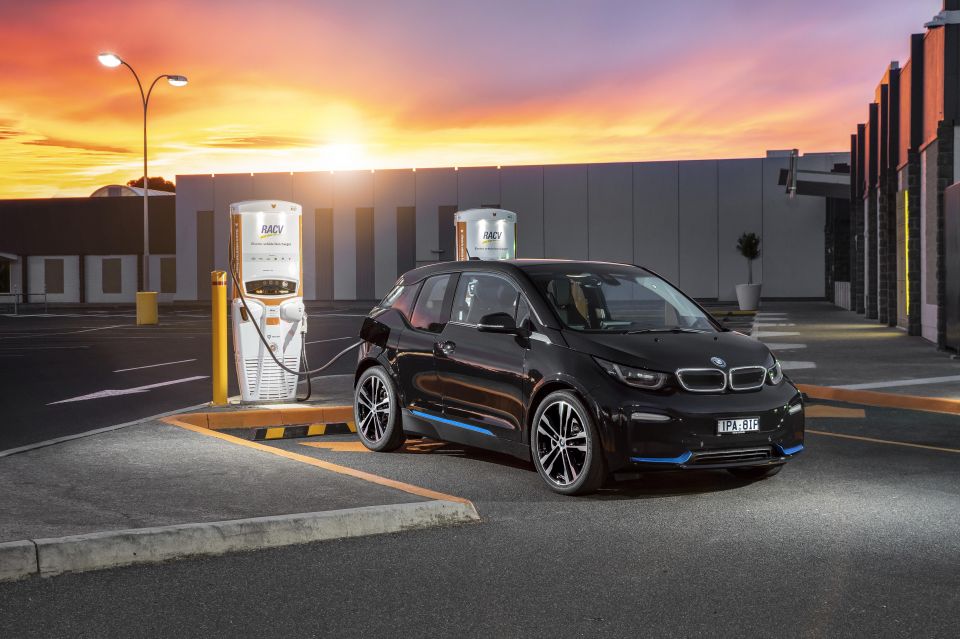
The latter are powered by 100 per cent renewable energy and can add 400km of driving range in 15 minutes.
Chargefox locations are found in every state and territory except the Northern Territory.
“We’ve made significant progress over the past few years, having powered more than 5 million carbon-free kilometres and abating around 1500 tonnes of carbon emission,” said Chargefox CEO Marty Andrews.
“Today’s milestone announcement means we’re giving EV drivers across the country confidence that 5000 charging options will be available. We’ll also continue our commitment to using 100 per cent renewable energy where possible.”
Chargefox has partnered with numerous companies, including Audi and BMW, to offer free or discounted charging to drivers of electric vehicles to help make EV ownership more accessible.
The company’s announcement comes after New South Wales announced a sweeping $490 million plan to encourage electric vehicle take-up, with the aim to have its entire government fleet plus 50 per cent of all new car sales to be electric by 2030.
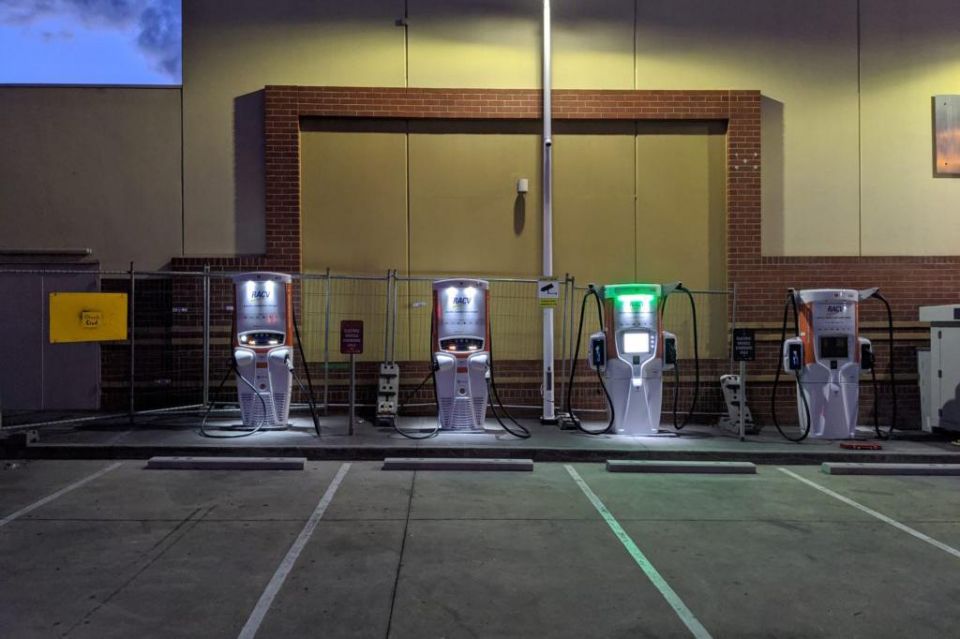
The NSW Government has waived stamp duty for EVs under $78,000 and introduced rebates of $3000 for private buyers of EVs under $68,750.
It also earmarked $171 million for charging infrastructure, including $131 million for new ultra-fast chargers delivered by the private sector.
Victoria also set a goal for 50 per cent of new vehicle sales to be of EVs by 2030 and introduced $3000 rebates for new EVs under $69,000.
At least 50 charge points will be added to Victoria’s charge network on the back of a $19 million investment. A focus will be placed on major highways and tourist attractions for the new chargers.
But the state has also implemented a controversial road usage charge, something the NSW Government has opted to defer until 2027 so as not to dampen consumer demand for EVs.
William Stopford is an automotive journalist based in Brisbane, Australia. William is a Business/Journalism graduate from the Queensland University of Technology who loves to travel, briefly lived in the US, and has a particular interest in the American car industry.


Angus MacKenzie
5 Days Ago
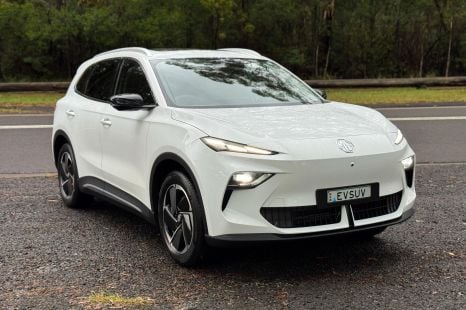

Matt Campbell
4 Days Ago
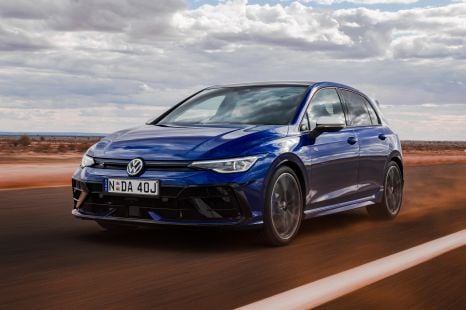

James Wong
3 Days Ago
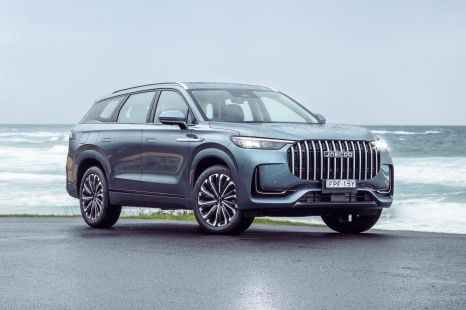

William Stopford
2 Days Ago
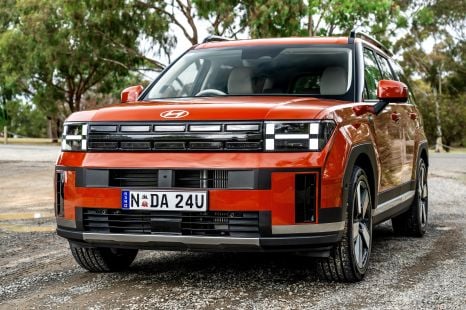

Max Davies
1 Day Ago


William Stopford
18 Hours Ago